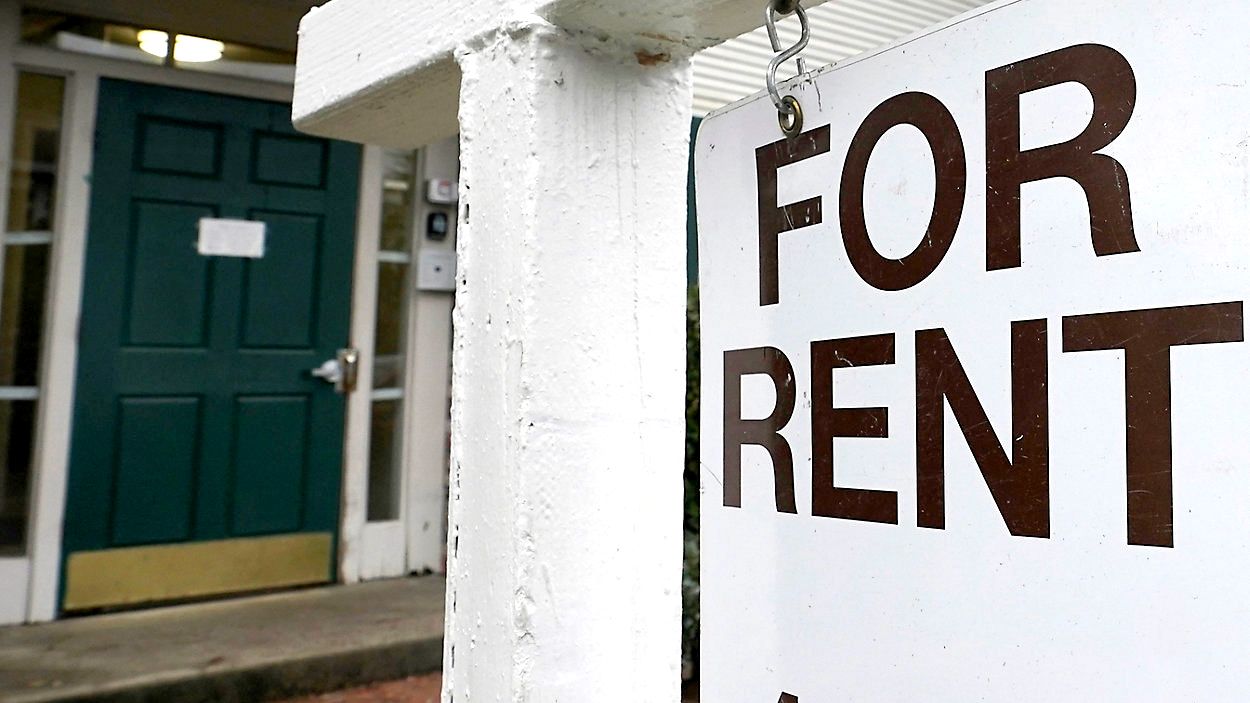Knowing your rights as a renter in Missouri is essential, especially regarding rent increases. Missouri has unique landlord-tenant laws, and understanding those laws can help you navigate unexpected rental costs and ensure you’re treated fairly by your landlord. This comprehensive guide will break down everything Missouri tenants need to know about rent increases in 2024.
Missouri’s Absence of Rent Control
Missouri is one of many US states without any form of statewide rent control. This means landlords have wide latitude in determining how much they can increase your rent. However, this doesn’t mean landlords have unlimited power, and there are specific procedures and considerations they must adhere to.
When Can Landlords Raise Rent?
Understanding when a landlord can raise the rent is key to protecting yourself as a tenant. Here are the most common scenarios:
- Lease Expiration: At the end of a fixed-term lease (e.g., a one-year lease), the landlord has the right to propose a new lease with a different rental amount. You are not obligated to accept the higher rent and can negotiate or choose not to renew the lease.
- Lease Clauses: Some leases may have built-in clauses that allow for rent increases during the lease term. Carefully review your lease agreement to understand any such clauses.
- Month-to-Month Tenancies: If you have a month-to-month tenancy, your landlord can generally increase your rent with proper notice (detailed in the next section).
Required Notice for Rent Increases
In Missouri, landlords must provide tenants with written notice before increasing rent. The amount of notice required usually depends on your tenancy type:
- Month-to-Month Tenancies: Landlords must provide at least 30 days’ written notice for rent increases.
- Fixed-term leases: If the lease doesn’t specify a notice period, the 30-day rule generally applies when the lease ends and a new rate is proposed.
Understanding “Reasonable” Increases
While Missouri lacks a cap on how much rent can be increased, landlords are expected to keep rent increases “reasonable.” Extreme or seemingly unjustified increases could create grounds for a tenant to challenge the change. There is no hard-and-fast definition of “reasonable,” but factors a court might consider could include:
- Comparable Rents: Increases that greatly exceed rents for similar properties nearby.
- Property Improvements: Significant renovations or upgrades may warrant some increase, but not necessarily an extreme one.
- Market Conditions: General economic trends and inflation can influence rent, but should not be used to justify exorbitant increases.
Challenging Unfair Rent Increases
If you believe a rent increase is unreasonable or unjustified, here are steps you can take:
- Communicate with Your Landlord: First, try having an open discussion with your landlord. Express your concerns and try to negotiate.
- Document Everything: Keep thorough records of communication with your landlord, dates of notices, and research on comparable rents in your area.
- Seek Legal Advice: Consult a tenant advocacy group or a lawyer specializing in landlord-tenant law. They will assess the situation and advise you on your options.
- Potential Legal Action In extreme cases, tenants may have grounds to file a lawsuit, but this should always be done with proper legal counsel.
Retaliatory Rent Increases
Missouri laws protect tenants from retaliatory rent increases. Landlords cannot increase your rent as punishment if you:
- Exercise Your Tenant Rights: This includes reporting health or safety code violations, joining a tenant union, or withholding rent legally for issues like uninhabitable conditions.
- File a Complaint: If your landlord increases rent after any of the above actions, you may have grounds to file a complaint with relevant state or local agencies.
Tenant Resources in Missouri
If you have questions about rent increases or other landlord-tenant issues, these resources are available to Missouri residents:
- Missouri Attorney General’s Office: Provides information on landlord-tenant laws and can assist with complaints. (https://ago.mo.gov/)
- Legal Services of Eastern Missouri: Offers legal aid services to low-income Missourians, including potential representation in landlord-tenant disputes (https://www.lsem.org/)
- Missouri Tenants Union (Kansas City): Advocacy group focused on tenant rights, offering resources and support ([invalid URL removed])
- Metropolitan St. Louis Equal Housing and Opportunity Council: Organization handling housing discrimination complaints, which can sometimes overlap with retaliatory rent issues (https://ehocstl.org/)
Additional Considerations for 2024
While Missouri’s core rent increase laws are unlikely to change drastically in 2024, there are other factors to be aware of:
- Local Ordinances: Some Missouri cities or municipalities may have additional tenant protections or localized rent control measures. Research regulations specific to your location.
- Evolving Economic Conditions: Inflation, interest rates, and the housing market overall can influence what landlords consider a “reasonable” rent increase.
- The COVID-19 Factor: While pandemic-era emergency protections for renters may have phased out by 2024, lingering economic effects could still influence rental markets.
Conclusion
Understanding Missouri’s rent increase laws is vital for tenants to avoid unexpected financial hardship and protect their housing rights. Though Missouri offers landlords significant freedom in the rental prices they set, tenants are not without protections. By knowing when and how landlords can implement increases, understanding the concept of “reasonable” rent changes, and being aware of your rights against retaliation, Missouri tenants can be equipped to navigate the rental landscape with greater confidence.
Sources:
- Steadily: How Much Can a Landlord Raise Rent in Missouri? https://www.steadily.com/blog/how-much-can-a-landlord-raise-rent-in-missouri
Disclaimer: This article provides general information on Missouri landlord-tenant law and does not constitute legal advice. Always consult with an attorney or tenant advocacy organization for guidance specific to your individual situation.



